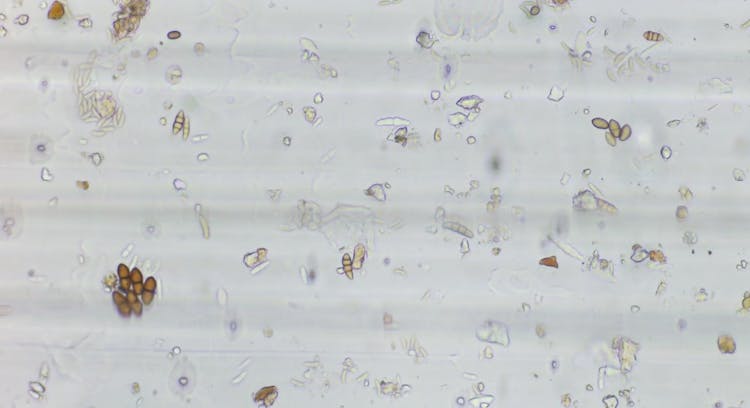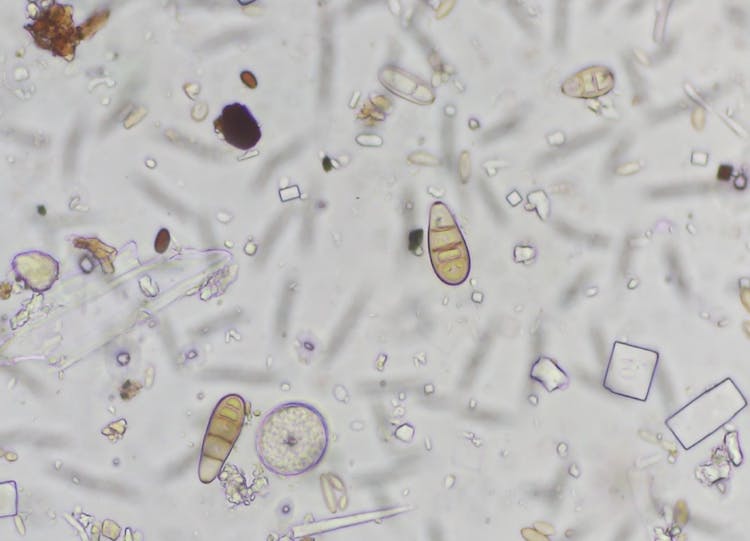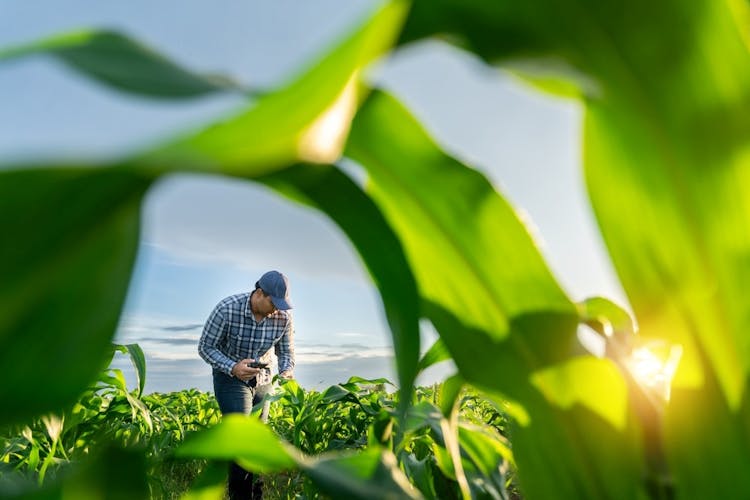Pathology|24 June 2024
The Role of AgTech in Pioneering Early Detection of Airborne Plant Diseases
AgTech, or agricultural technology, isn't just about fancy new farming tools; it's vital for combating crop diseases that can wipe out entire regions.
BioScout
4 Min ReadAgTech, or agricultural technology, isn't just about fancy new farming tools; it's vital for combating crop diseases that can wipe out entire regions. Airborne plant diseases are a major threat to global food security, so spotting them early is crucial for smart farming.
Every crop out there is at risk from different plant pathogens, so we need to keep a close eye on them to handle these threats effectively while using fewer pesticides. Many of these pathogens travel through the air, making farming areas full of both harmful and harmless organisms. Aerobiology, the study of these airborne microorganisms and their distribution as disease agents, has been around for a while. But thanks to molecular technology, we can now use aerobiological data for everything from routine checks to gaining a deeper understanding of how these disease systems work.
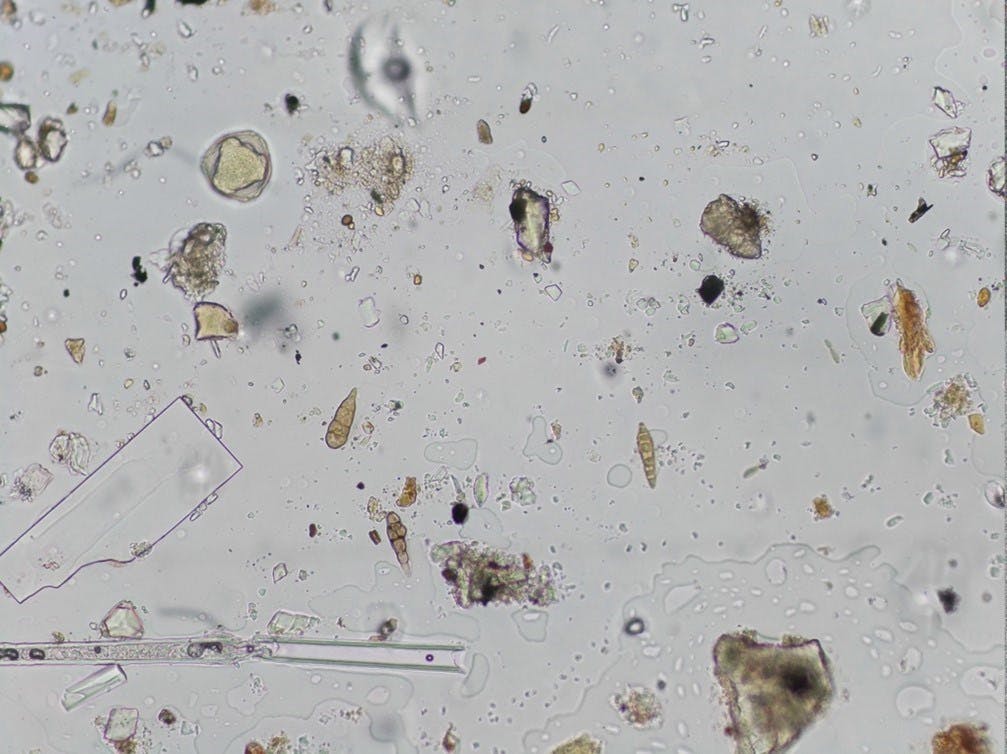
Understanding Airborne Plant Diseases
Airborne plant diseases including rusts, mildews and blights threaten agricultural productivity. These pathogens are transmitted through various carriers such as wind, insects and water droplets, complicating efforts to manage and control their spread.
The impact of such diseases extends beyond the mere reduction in crop yields; they can culminate in complete crop failure, leading to substantial economic losses and diminished food supply. Consequently, early detection is essential. Identifying these diseases promptly allows for the timely implementation of preventive strategies and mitigation measures, helping to safeguard crops from severe damage and ensure agricultural sustainability.
Innovative Technologies for Early Detection
New breakthroughs in AgTech are making it easier to catch crop diseases before we can even see them. Cutting-edge tools like remote sensing, machine learning and data analytics are leading the charge. Drones with high-resolution cameras and sensors now let farmers keep an eye on huge areas of land. These drones gather data and machine learning algorithms analyse it to spot early signs of disease by detecting small changes in how plants look or function.
BioScout has created a system to detect airborne plant diseases early. It uses a network of sensors to monitor the air for specific pathogen spores. This real-time data helps farmers act quickly, targeting only the affected areas, which saves time, resources and minimises environmental impact. The system also predicts the potential spread of diseases, allowing farmers to take preventive measures in advance. This proactive approach reduces crop damage and reliance on chemicals, promoting more sustainable farming.
Besides detecting and predicting diseases, BioScout gives farmers loads of data to make smart decisions. The platform has an easy-to-use interface that shows data in a clear way, helping farmers to track disease progression, understand environmental conditions and assess how well their interventions are working. This data-driven method lets farmers fine-tune their crop management strategies, boost yields and enhance overall farm productivity.
Early disease detection ties in perfectly with sustainable agriculture principles. By cutting down on the need for broad-spectrum pesticides and lowering the risk of disease spread, farmers can keep their crops and soil healthier. This approach supports biodiversity, reduces chemical runoff and ensures that farming practices can be maintained long-term. Plus, with precise data on disease threats, farmers can use their resources more efficiently, improving water and nutrient use.
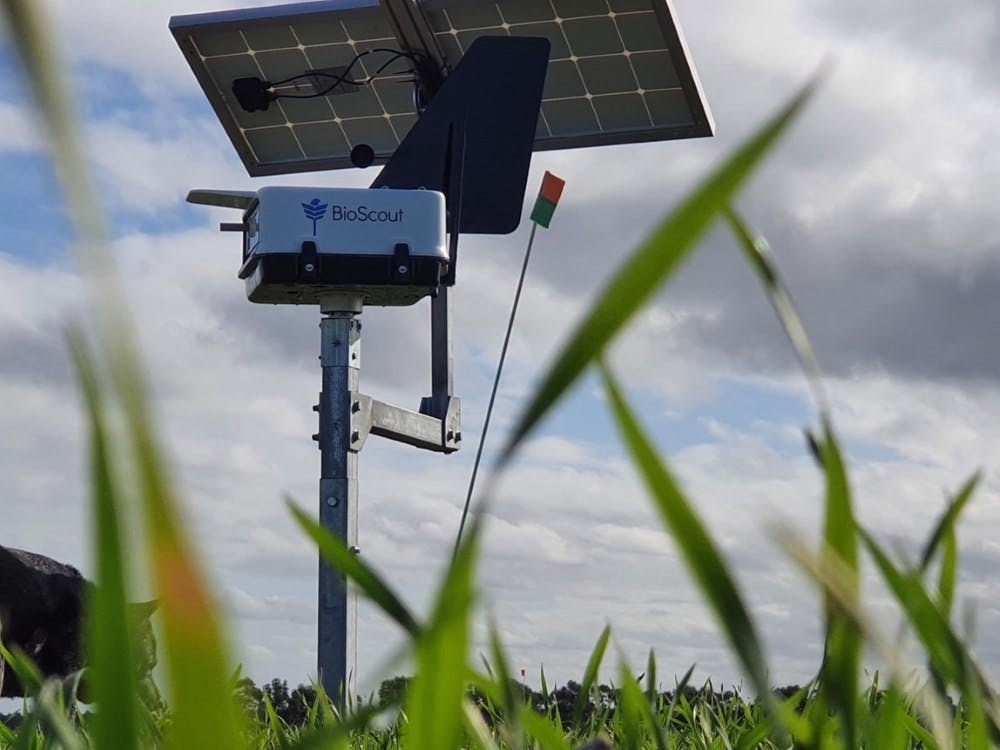
The Future of AgTech in Disease Management
The journey of AgTech in transforming agriculture is just beginning. As technology continues to evolve, so too will the methods for detecting and managing plant diseases. The integration of artificial intelligence and IoT devices is expected to make these systems even more sophisticated, providing farmers with actionable insights that are both timely and precise. This will undoubtedly play an important role in safeguarding global food supplies against the unpredictable challenges posed by climate change and other environmental factors.
AgTech's role in the early detection of airborne plant diseases is a testament to how technology can be a force for good in agriculture. By embracing these innovations, farmers are not only protecting their crops but also contributing to a more sustainable and secure food system for the future.
To learn more about the BioScout technology, speak to our experts today.
